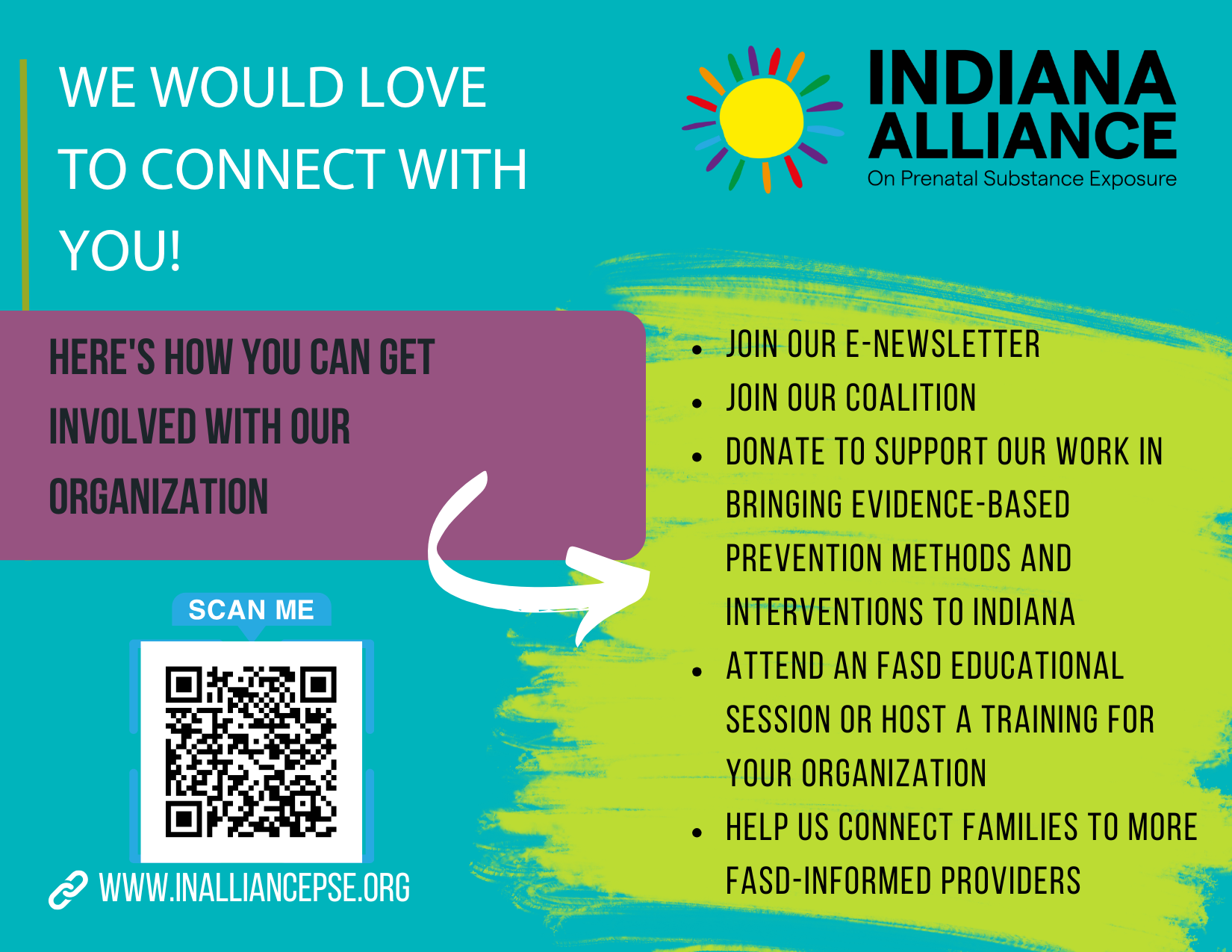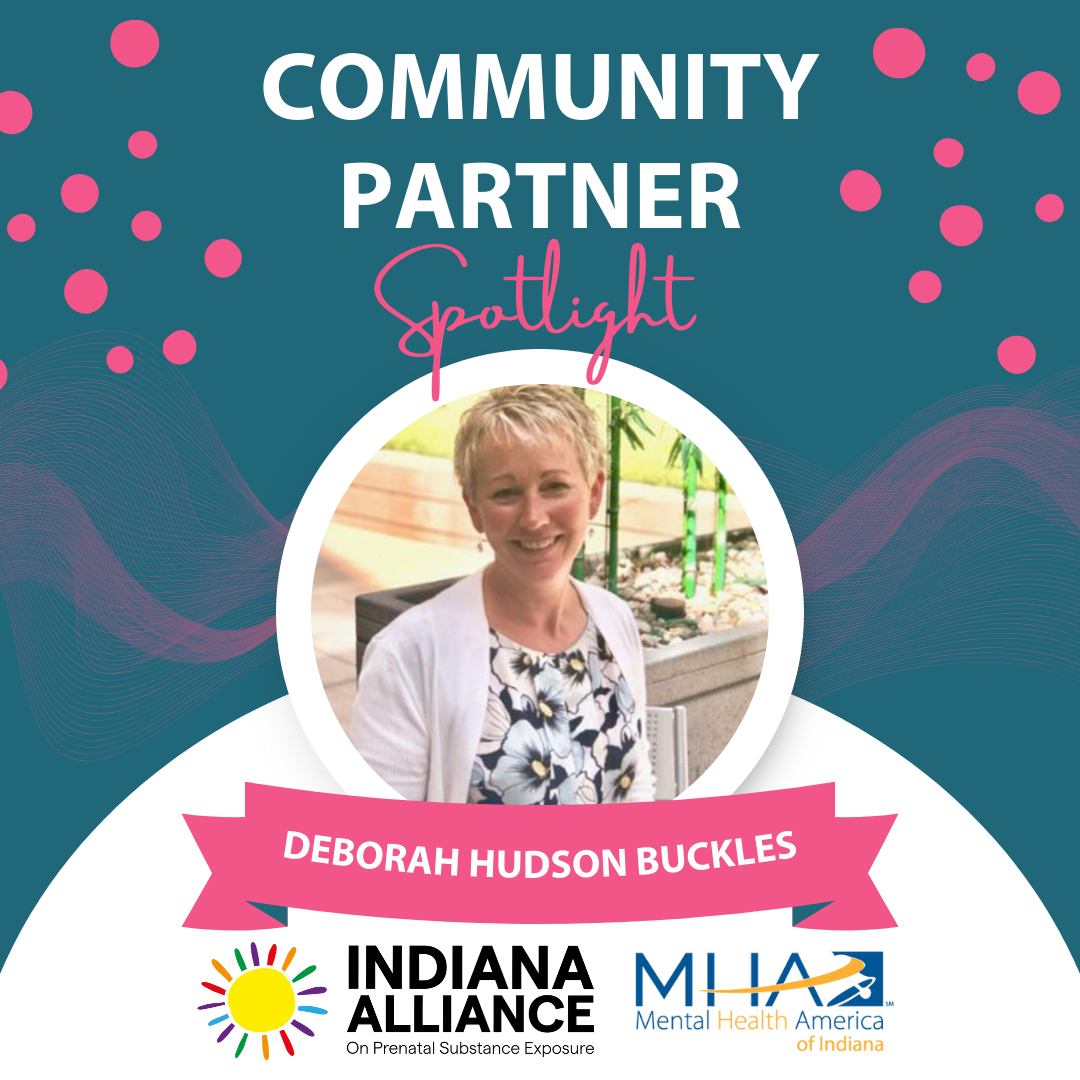Luz Rangel had run through her $10,000 savings and was cleaning houses to pay for her daily heroin use when she found out she was seven months pregnant.
The 26-year-old Tucson resident sobbed for hours upon learning during an emergency room visit in April that she was going to be a mother. She was devastated to think what she might have done to her unborn child.
Though she felt ashamed, she ended up admitting to staff at Banner University Medical Center-Tucson that she was using heroin and that she and her baby needed help. She immediately started methadone treatment and began regular meetings with Banner neonatal specialists.
At the moment Rangel asked for help, the hospital’s doctors and nurses were in the midst of overhauling the way they treat a rising number of newborns who have been exposed to opioids in the womb.
Banner’s new protocol, which emphasizes continuous mother-baby bonding, shorter hospital stays and reduced drug intervention, could be important to other providers in Arizona and around the country as the number of newborns exposed to opioids in utero continues to climb.
The key to the new philosophy is that good parenting is better than any other intervention.
But helping people with substance abuse disorders become better parents is not something that’s completed in one simple step.
At Banner, it included a culture change. Medical providers from multiple disciplines including social workers, physicians and nurses are now trained to view drug use during pregnancy as a health issue, not a moral failure.
Part of the training includes helping staff members understand the disease process of addiction, and that factors like unresolved trauma and untreated mental illness predispose people to high risk of drug use.
Most importantly, staff members learn that in order to get optimal results, the moms of drug-exposed babies need to feel welcome and included.
Maternal bonding and other nonpharmacological interventions, some experts believe, are worth far more in easing withdrawal symptoms for opioid-exposed newborns than any other care the baby receives.
Rather than giving the newborns the standard of morphine every three hours for withdrawal, hospital staff encourage other therapies they refer to as “eat-sleep-console.”
The mother “trusts herself and she trusts us. It is collaborative,” said Lisa Grisham, who is the hospital’s neonatal nurse practitioner supervisor.
“Understanding addiction and seeing the mom and family here, willing to take care of the babies, has been a big eye-opener, I think, for a bunch of our staff.”
Ideally, Grisham said, engendering trust will change parental behavior.
Historically, parents of opioid-exposed newborns at the local Banner hospital have stayed away from the neonatal intensive care unit, or NICU, Grisham said. About 25 to 30 opioid-exposed babies are born at the hospital per year.
“They feel horrible about what they’ve done to their baby,” she said. “It’s easier to stay home and stay comfortable in your home than to show up and have someone judge you.”
This article originally appeared at tuscon.com. Click here or the button below to read the remainder of the article.







